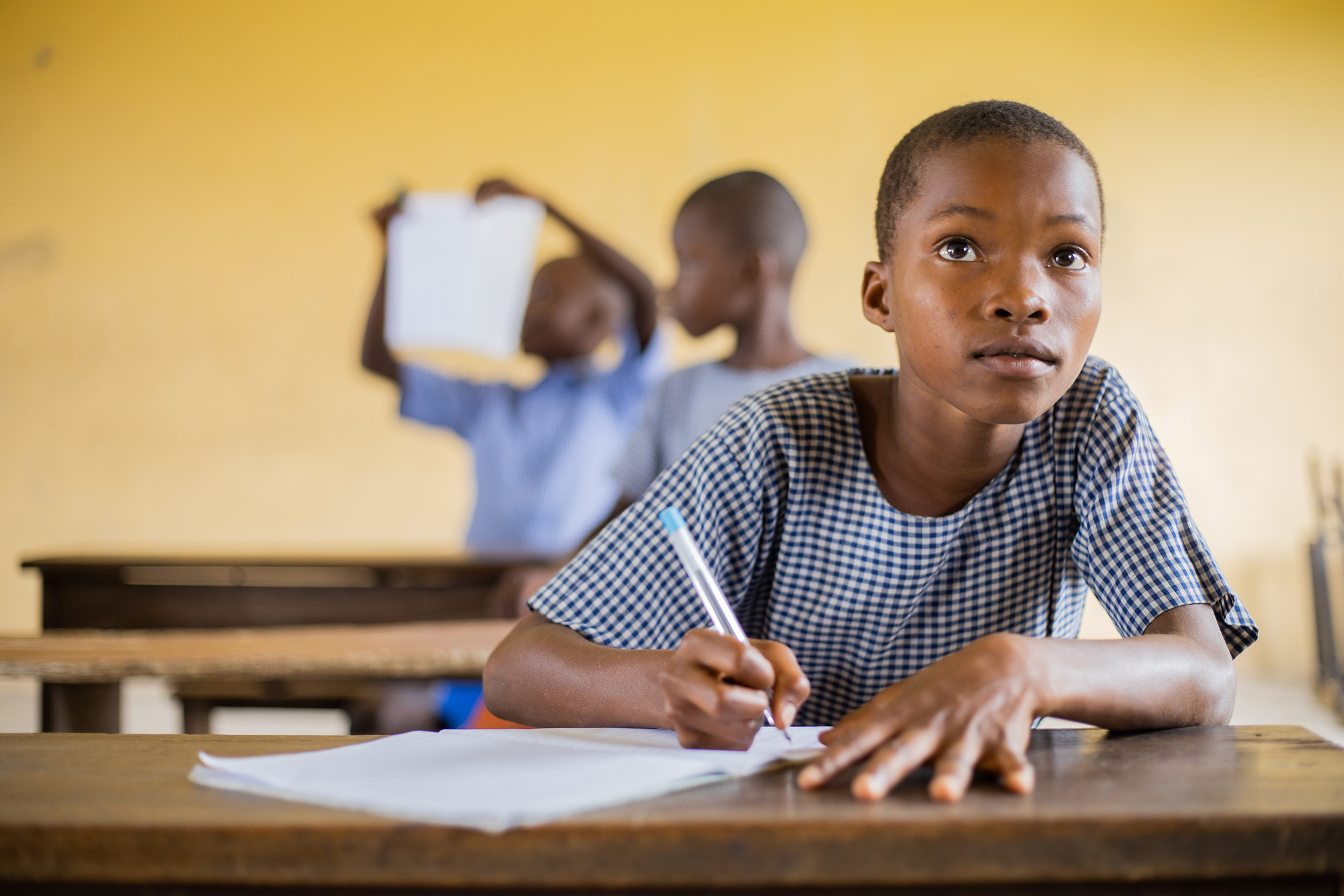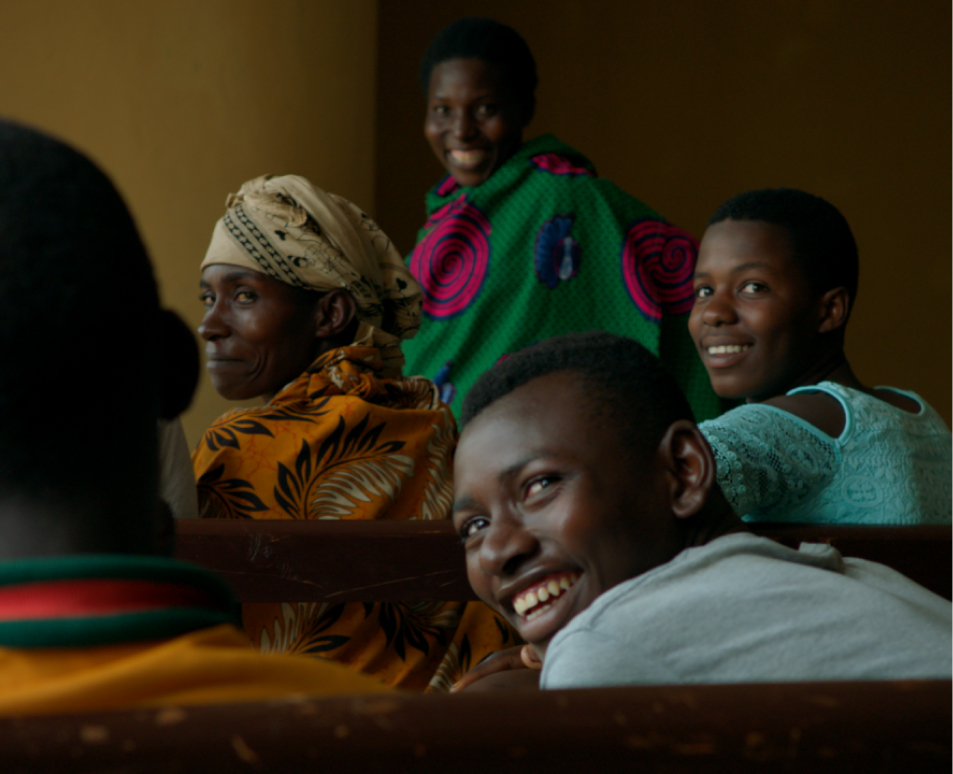
Invest in the board chair fund to end neglected tropical diseases
Be part of a historic future
Join END Fund Board Chair Mrs. Tsitsi Masiyiwa as she builds a coalition to end neglected tropical diseases. You can donate through one of the following options:
- Via online form
- Via Phone: +1 646-690-9775
- Via Wire Transfer/IRA/Your Legacy: Please contact [email protected]
- By Check: Addressed to: The END Fund, 2 Park Avenue, 28th floor, New York City, 10016, United States OR The END Fund, 495 Green Lanes, Palmer Green, London, N13 4BS, United Kingdom
- By Stock: Please contact [email protected]
Throughout my time working with the END Fund, I have witnessed firsthand both the remarkable resilience of communities affected by neglected tropical diseases and the vast potential of collaborative philanthropy. I have seen what can be made possible when communities are supported with the resources they need.
In recent years, we have witnessed community after community – backed by a passionate network of partners, investors, and advocates – make significant advances on the road to elimination. The momentum we are building is evident as more countries approach major elimination milestones; milestones that not long ago were deemed implausible.
Each of these milestones represents improved educational outcomes, gender equity, food security, and economic progress, laying the foundation for communities to fulfill their immense potential. Every individual supported will now feel greater hope that they can do so and access a brighter future.
Now, as Board Chair for the END Fund, I recognize that I’m uniquely positioned to help build upon this momentum and amplify the voices of affected communities as they strive to achieve their tremendous promise. As such, I invite you to join me in standing alongside all those affected by NTDs by investing in the Chair Fund.
Together, we can write an extraordinary end to the story of these diseases.
Mrs. Tsitsi Masiyiwa,
END Fund Board Chair
Our Impact
181.6M
people treated in 2023
1.86B
treatments distributed from 2012-2023
6.4M
healthcare workers trained from 2012-2023
143,519
surgeries performed from 2012-2023
37
partner countries supported from 2012-2023
How Your Investments Make a Difference

On average, 50 cents provides a rapid-impact package of treatments for individuals, protecting them against the five most common neglected tropical diseases for the year ahead.
In Lupondo’s home country of Democratic Republic of Congo, a reduced average treatment cost of 8 cents means $10,000 can provide 125,000 individuals with neglected tropical disease treatments for a year.

$86 supported Nieba with the trachoma surgery she required to prevent her from going permanently blind, helping her to continue to farm, cook, and sell her produce to support her family.
The END Fund is working to achieve elimination of trachoma in five countries by 2030.

Integrated initiatives mean supporting children such as Rose in Nigeria with deworming treatment costs on average just 15 cents.
$25,000 can deliver more than 166,000 treatments to Nigerian children, supporting them to remain healthy and thrive in school.

For more than a decade Kaimu lived with a debilitating hydrocele. $110 supported the surgery that helped him regain mobility and independence, enabling him to return to work.
In Kaimu’s home country of Tanzania, $50,000 can support around 400 people currently requiring hydrocele surgery.

“Together we can lift the burden of these preventable diseases and improve the lives of millions of people around the world.”
Bill Gates
Co-Chair, Bill & Melinda Gates Foundation (who supports the END Fund)

